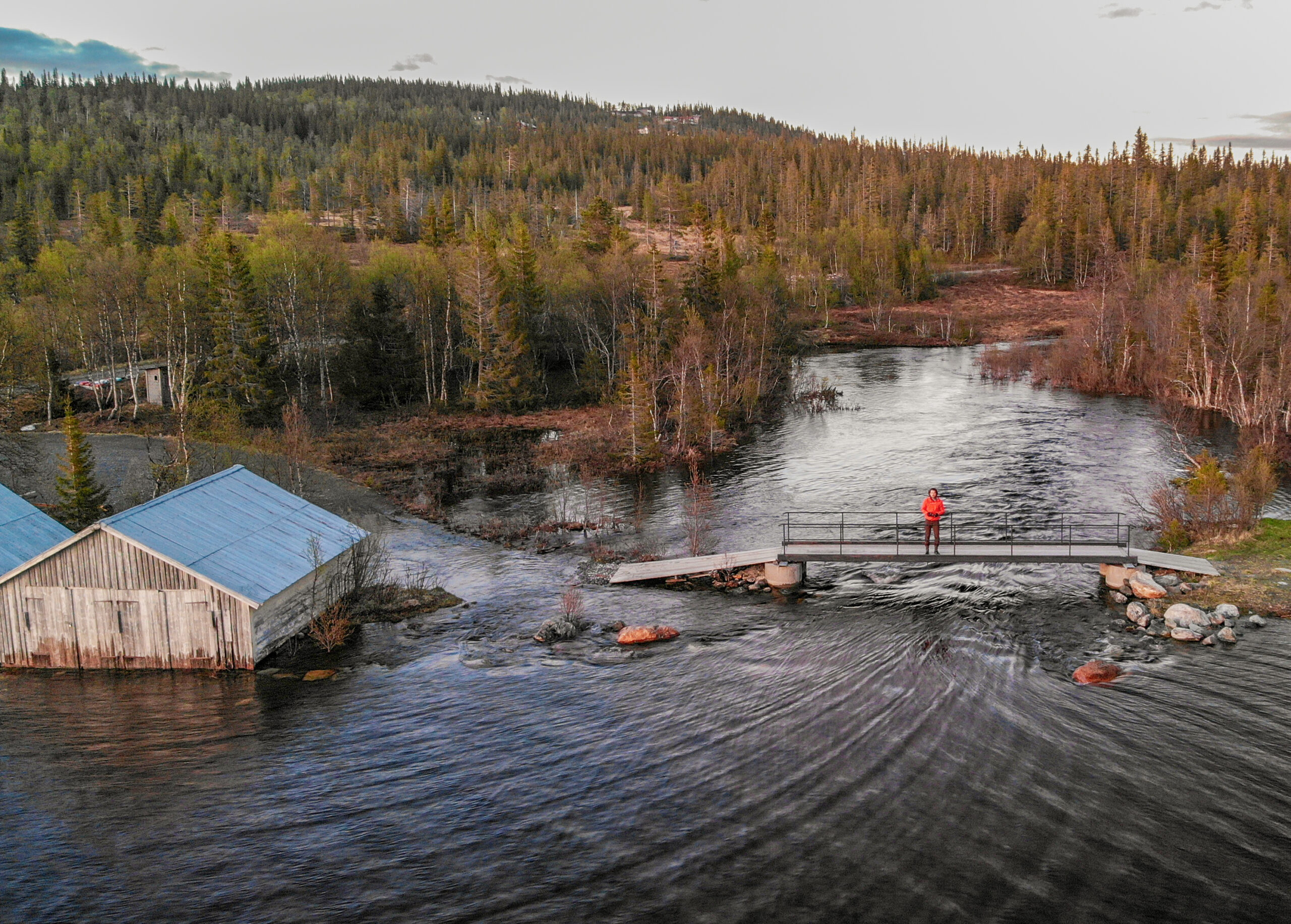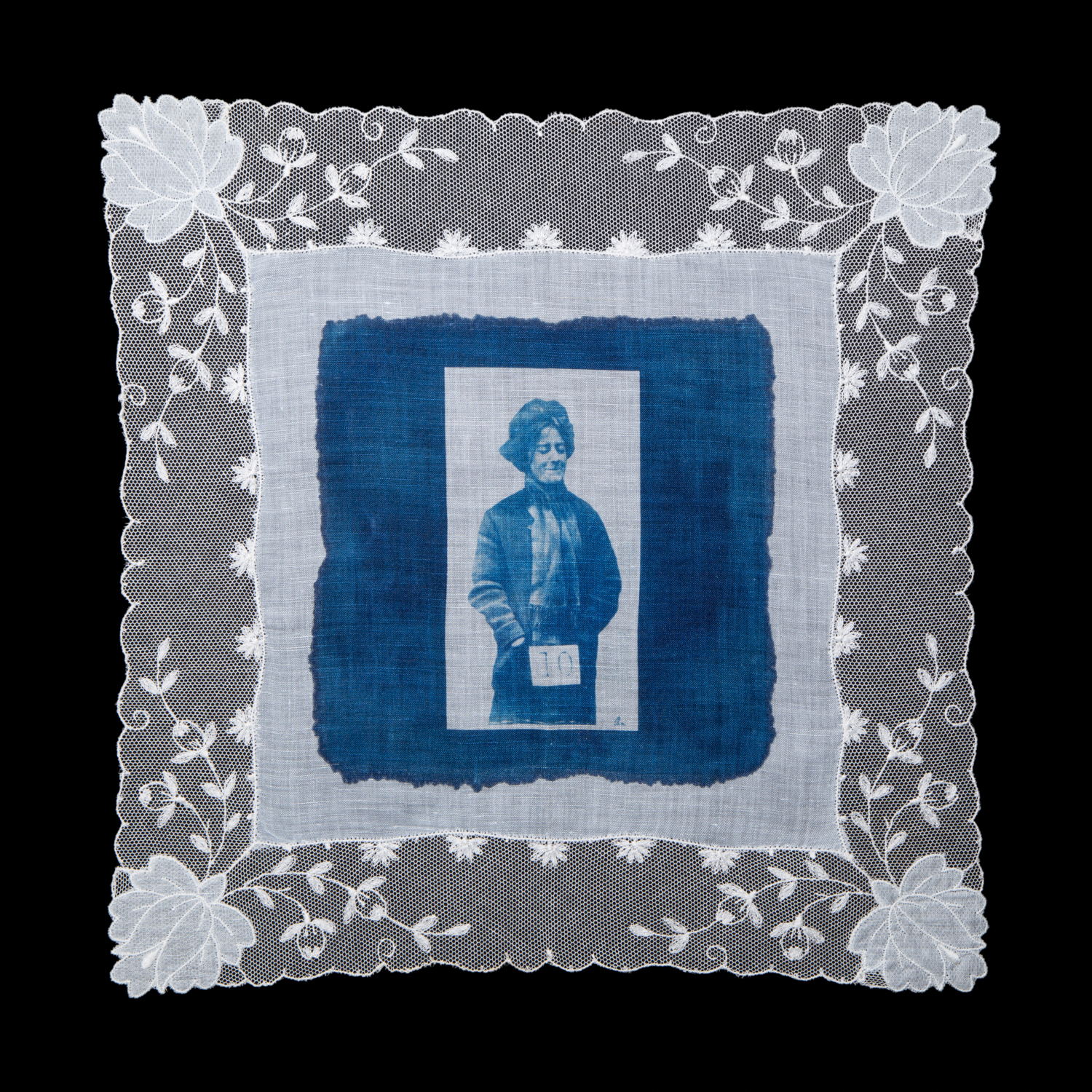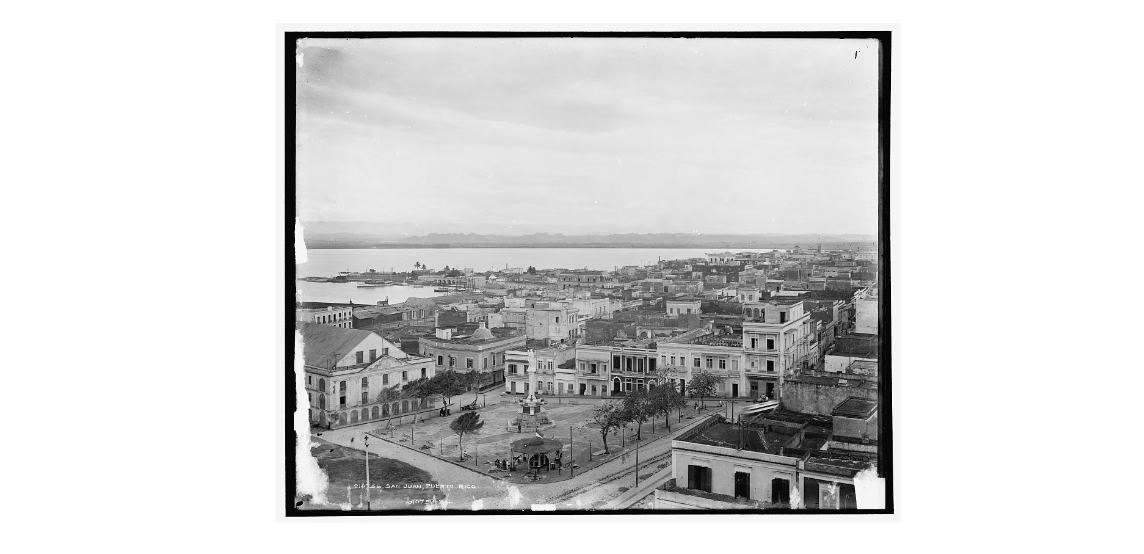recent writing
-

Ace Annunciation
“Angel moved closer and pressed their forehead to hers. ‘What do you think, Maura? You obviously don’t want to be responsible for continuing your own species. But wouldn’t you like to help create something more advanced instead?’” Trudy Lewis’s novella explores the violation of a woman who thinks she has liberated herself from the tyranny of human sexuality in a future that isn’t as utopian as she’d believed.
-
![[o]](https://atlengthmag.com/wp-content/uploads/2025/06/Monument-for-Inger-Christensen_Kaare-Golles_002_Photo-by-David-Stjernholm-1280x914-1.jpg)
[o]
An extension of Inger Christensen’s abecedarian poem, Alfabet (1981), Kristi Maxwell’s “[o]” uses the Fibonacci sequence to create its spiraling, expansive form. But don’t let the poem’s playfulness fool you; these lines might be the countdown to a liftoff or an explosion, the start of a race or the end of the world.
-

Coming Around
“My daughter’s email about the feeling brought on by the Golden Gate Bridge’s orange glow was no coincidence but was likely passed on to her by some ancestor”: A man works through the unreliable, yet indispensable inheritances of memory and family in this piece by Suo Er, translated by Grace Najmulski.
from the archive
-

An Arsenal of Sand
“Anger in our family was like the water: it had to go somewhere. Rise up, sink down, or burst everywhere at once.” An excerpt from Angela Palm’s Riverine: A Memoir from Anywhere but Here.
-

Amy Jorgensen: an Interview
Amy Jorgensen talks with Debra Klomp Ching about Something Old, Something New, Something Borrowed, Something Blue.
-

The Cats of Old San Juan
“The cats are here because of the rats. / The rats are here because of the Americans. / The Americans were here because of the Spanish. / The Spanish were here because fuck the Spanish.” Combining the force of logic with bitter irony and sharp humor, a new poem from David M. de León tracks the confusions of Puerto Rico’s colonial past and present.
